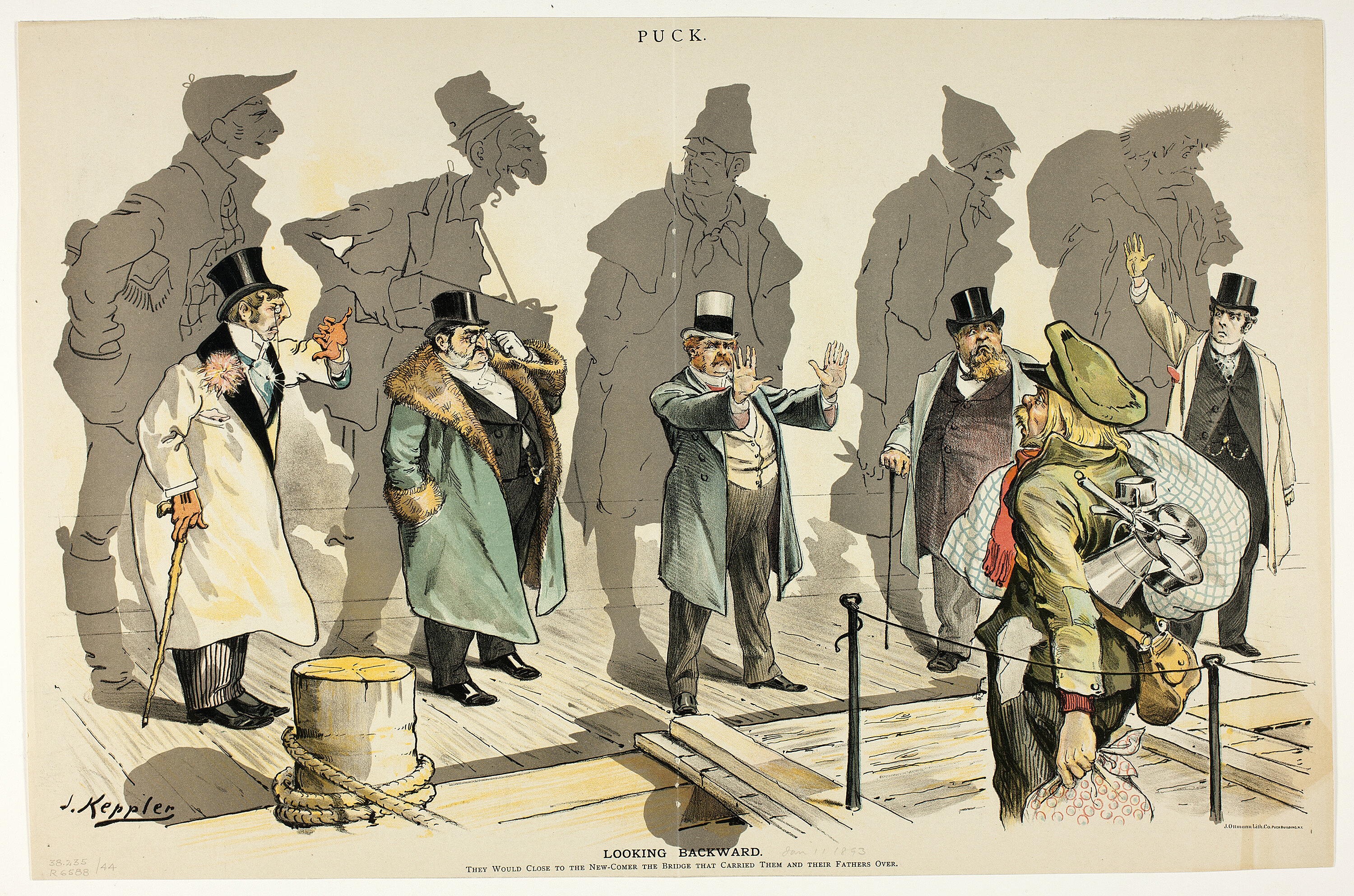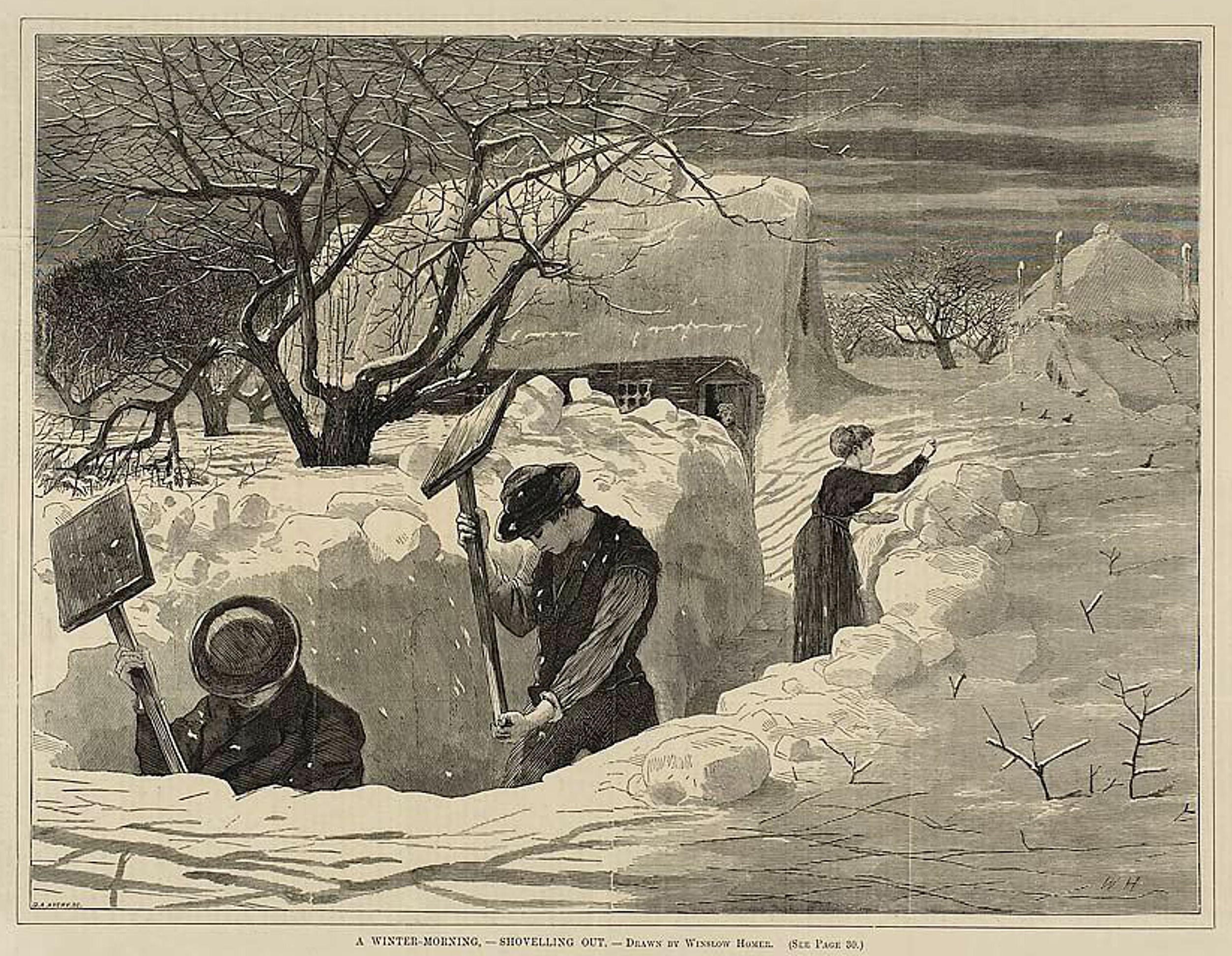TulsaTime

Georg Pencz: The Triumph of Time,
plate four from The Triumphs of Petrarch (c. 1539)
" … a halfway decent Country song …"
©2023 by David A. Schmaltz - all rights reserved
The Number One Country song of 1987 was written by accident. A well-known songwriter and studio/backup musician found himself out on tour and snowbound in the Sheraton in Tulsa. Snowbound in Tulsa could have been this Number One Country hit, but it wasn't. Instead, our songwriter was toodling around on his guitar, half-bored in his hotel room, the kind of boredom that, songwriters understand, no cable television in the history of this universe ever once thwarted. One toodles around on a guitar in such instances, or one goes out of their mind.
A two-chord lick emerged, as two-chord licks are wont to appear under such circumstances, and our songwriter, experienced as he was, recognized that he'd almost created something. He continued. A story manifested under the hypnotic influence of a few dozen repetitions, a theme that morphed into a meme. The very best tunes tend to become shit simple when born, without the need for further complication. Two verses, one chorus repeated three times, and he'd satisfied those requisite three minutes.
He shared his creation with his touring band leaders, the one for the band he was backing up and the one for whom that band opened the show. Both wanted to claim the tune, but the bandleader claimed special dibs since our songwriter worked for him on that tour. Both released versions of the tune, one after the other. The bandleader's version lived at the top of the country charts for innumerable weeks before finally being declared the obvious country hit of the year. The other musician present released a version that took over the pop charts the year following. TulsaTime remains one of those instantly-recognized, eternal Country hits, an unqualified Success, and also an unqualified accident.
Country songwriters might entirely rely upon what I'll call the happy accident to get by. They do not very often compose a song, but they more often manage to waylay one as it happens to stroll by; their art, if they possess one, more of the right place-right time sort. Stuff falls in their lap, and they pick it up. Repetition completes the acquisition. Some arrangement and fine-tuning and another song is born, another tune in a seemingly endless succession of accidental manifestations, the country songwriter's actual profession.
No discussion of Success could hope to be complete without paying at least passing homage to these seeming wizards, these foolhardy souls who make their livings by accidental convergences. They live within a sort of lore. Many maintain quirky rituals as if they attracted the otherwise freely floating ideas to visit them. Most suffer periodically from attempts to harness lightning, to deliberately muster spontaneity, an utter and eternal impossibility. Some resort to other substances, dope and/or booze, and end up abusing the subtle source of their genius they never once owned. They must remain innocent practitioners, however much their gift might manifest. The Gods visit; they just follow. Their whole career sums to one big fat happy accident with considerable angst embedded within it. Their entire career might make a halfway decent Country song replete with trucks, horse trailers, and cheatin' hearts.
—————
Maybe One of Those In a Decade
Friday arrives to survey the scene of my latest accident. However much purpose I attempt to capture with my daily story, I'm eventually forced to admit to the considerable influence accident always contributes to it. As a sometimes songwriter myself, it should not surprise me to recognize that I use the same method employed by the legions of songwriters surrounding me. There's probably no deliberate way to reliably produce such stories than as the product of impending boredom and some dedicated toodling. The process seems very much like fishing (or, fishin', to use the standard Country song equivalent), for I bait my hook with patience first. My experience often improves when I let my mind wander as if I'm up to nothing in particular. I might even doze in whatever sun might find me, but I try to remain watchful, for if I'm not aware when the magic passes by, my careful preparation will have gone for nothing. It mostly goes for nothing, anyway, for that's the way of actual creation. My maple tree drops three-hundred thousand helicopter seeds each Autumn. Maybe one of those in a decade ever sprouts to amount to anything like an offspring. It's the same with accidental song and story writing.
— —
—
I began my writing week reflecting upon my lack of *Career, and the influence that might have had upon my Successes, such as they were. This story proved to be the most popular accident in this period. "It might be and probably was a gift that I couldn't choose who I wanted to be when I grew up, or if I even agreed to eventually grow up and out of some former me."
Cornelis van Poelenburch: The Expulsion from Paradise
(after c. 1646)
—
I next spent a morning looking backward in Retrospecting, where I encountered my infinite game, which might render success and failure moot. "I see that I cannot render my history into any present such that any status judgment makes any sense as a measure of it. Success or failure seem equally irrelevant if one engages in an infinite game."
Joseph Keppler: Looking Backward, from Puck (1893)
—
I focused for a few minutes upon the blessings we bestow upon each other and found TheCurse lurking inside them. "Success often depends upon the quality of its target. Seeking The Best often seems to Curse the recipient with something worse. We speak in a generally understood sort of hyperbole."
Francisco José de Goya y Lucientes:
Be Careful with that Step! (1816/1820)
—
I looked at competition's role in Success myths in Completition. "I believe competition to be at root an evil and at best an addiction."
Jack Gould: Untitled [man standing behind small
boxing ring where two cats are pretending to fight] (1946)
—
I acknowledged the usual result of every success, a subsequent HollowingOut sensation. "Somehow, achievement's reward always includes a healthy dose of grief. The familiar pursuit's sudden absence leaves a disquieting silence."
Winslow Homer:
A Winter Morning Shoveling Out (published January 14, 1871)
—
I considered the effect systems thinking tends to bring to success and called the result Syccess. "My point in bringing up this broader aspect of Success isn't to insist that one consider the broadest possible aspects of such choices but merely to remind myself just how permeable of a bubble I inhabit. No success really exists as an island, not even as a decent isthmus. There's always, always, always something else connected."
Seaver W. Leslie: Thinking of Other Things (1972)
—
I finished my writing week CountingChickens before they'd hatched. "The consistently Successful might develop an extra sense capable of seamlessly projecting a believable trajectory story, one which encourages continuing effort rather than feeding that sinking feeling like they're looking at a losing proposition."
Odilon Redon: The Egg (1885)
— —
And so went this writing week, one which felt like a series of accidents when I was first going through it but which, upon reflection, upon Retrospecting, seems somehow perfect now, summing to what must certainly have been another happy accident. Accidentally On Purpose might be the best way to describe the ongoing experience. If we're going to consider real success seriously, we must include the accidents upon which so much success utterly depends. The more unscrupulous among us can insist that we operate almost entirely On Purpose, but our audience should suspect something different. An invisible hand or thumb often inspires and influences more than any explicit intention. Ideally, one's far too busy counting chickens before they've hatched to really notice or obsess, thank goodness. Thank you for following along beside these happy accidents!


